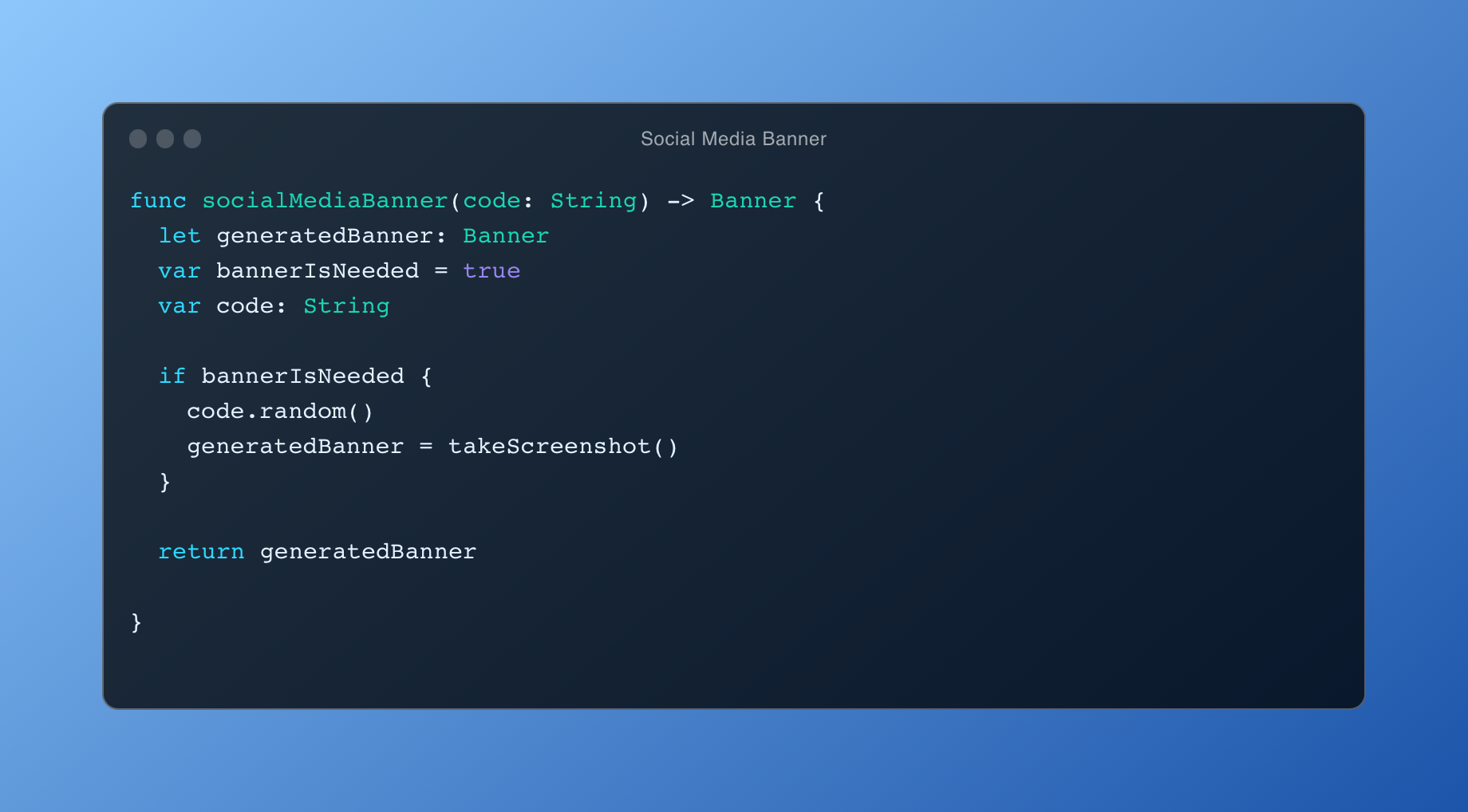

Ah yes, the programs that are so broken that they mainly serve as a cudgel against any form of criticism, rather than actually effectively lift people out of poverty.
Not to mention that politicians won’t let any opportunity go to waste to try and break down those programs further.
Don’t take my word for it, look at the child poverty ranking amongst the 34 OECD countries where the US is placed 31st, with 1 of every 5 kids you see growing up in poverty.
Meanwhile many other countries just plainly periodically give parents a bag of money in the form of child allowance, eliminating the need for free school lunches and teachers burning their meager paychecks on classroom essentials.
The closest thing that comes to this is the Child Tax Credit, still meager in comparison, but nevertheless eroded to a joke because we “care so much for the children”.
To call it a Dickinsonian nightmare might go a bit far, then again, you dragged that straw man in here, but the fact that child labor is back on the rise in the US suggests that those times are far from behind us.

The UN and its bodies suffer from Schrödinger’s legitimacy.
In that its legitimacy depends on whether the country in question that talks about it got its way or not.
If the country in question managed to veto (or get the veto holders to veto) a resolution then the UN will be touted as legitimate.
If not, or a resolution they wanted to get adopted fails, then it’s illegitimate, biased and flawed.
Same for its bodies like the ICC, if it goes after a country’s enemy then the ICC is to be respected and it’s legitimate, if the ICC however goes after the country in question then it’s illegitimate.
“Country in question” in this is any given country that happens to be making statements about the UN.
Surprisingly it’s almost never brought up that the UN is made up of individual countries and is, aside from the veto process and fixed seats in some of its bodies, an institution that’s utilizes a democratic process in its decision making.